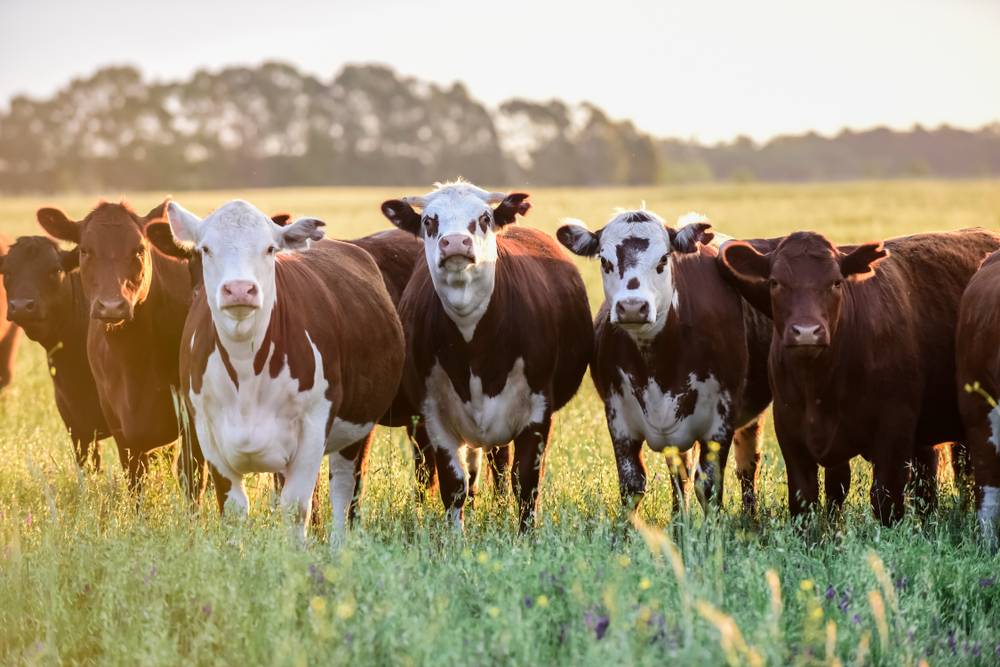
When it comes to the health of your herd, bovine digestion and appetite are two of the most important factors to consider. Cows with insufficient feed intake or digestive issues are more susceptible to infection and illness.
It's critical to understand why your cattle aren't eating, as well as how to prevent digestive and appetite problems in your cattle, in order to ensure their health.
Due to the complex structure of cows' digestive tracts — after all, they do have four stomachs — digestive problems are common in cattle. It all boils down to making sure your cattle's digestive systems are populated with a high number of good bacteria in order to keep their feed and water consumption and nutrient absorption at optimal levels while also preventing diseases and infections.
Why Is My Cattle Not Eating?
A loss of appetite in cattle can be caused by a variety of factors, including:
Stress: Stress causes the rumen's pH to be disturbed, which can lead to a decrease in feed intake.
Infection: If your cattle aren't eating, they may be infected with sickness or viruses.
Feed quality: Feed that has gone bad should not be eaten by cattle, therefore make sure your feed is fresh daily.
Poor Living Conditions: Unhealthy living conditions can generate stress, which can contribute to a refusal to eat.
In addition to the preventative measures listed here, make sure your cattle have access to quality feed, clean living areas, and stress-free environments.
How to Prevent Cattle Digestion and Appetite Problems?
There are four ways to keep cattle's digestion and appetite under check:
Vaccines: For cattle, a loss of appetite is a common indicator of infection. You can vaccinate your herd against sickness to boost their immunity and avoid future digestive and appetite problems.
Monitor Health: Keeping a close check on the health of your herd can help you spot the animals who aren't doing so well. The sooner you detect a problem, the easier it is to resolve.
Proactive Supplements: Feeding your cattle certain products that promote healthy digestive bacteria is an effective preventative measure.
Clean Water: Your herd's gut and digestive health rely on clean, pure, and freshwater. If you find your cattle aren't drinking, this could be the reason why they are not eating.











